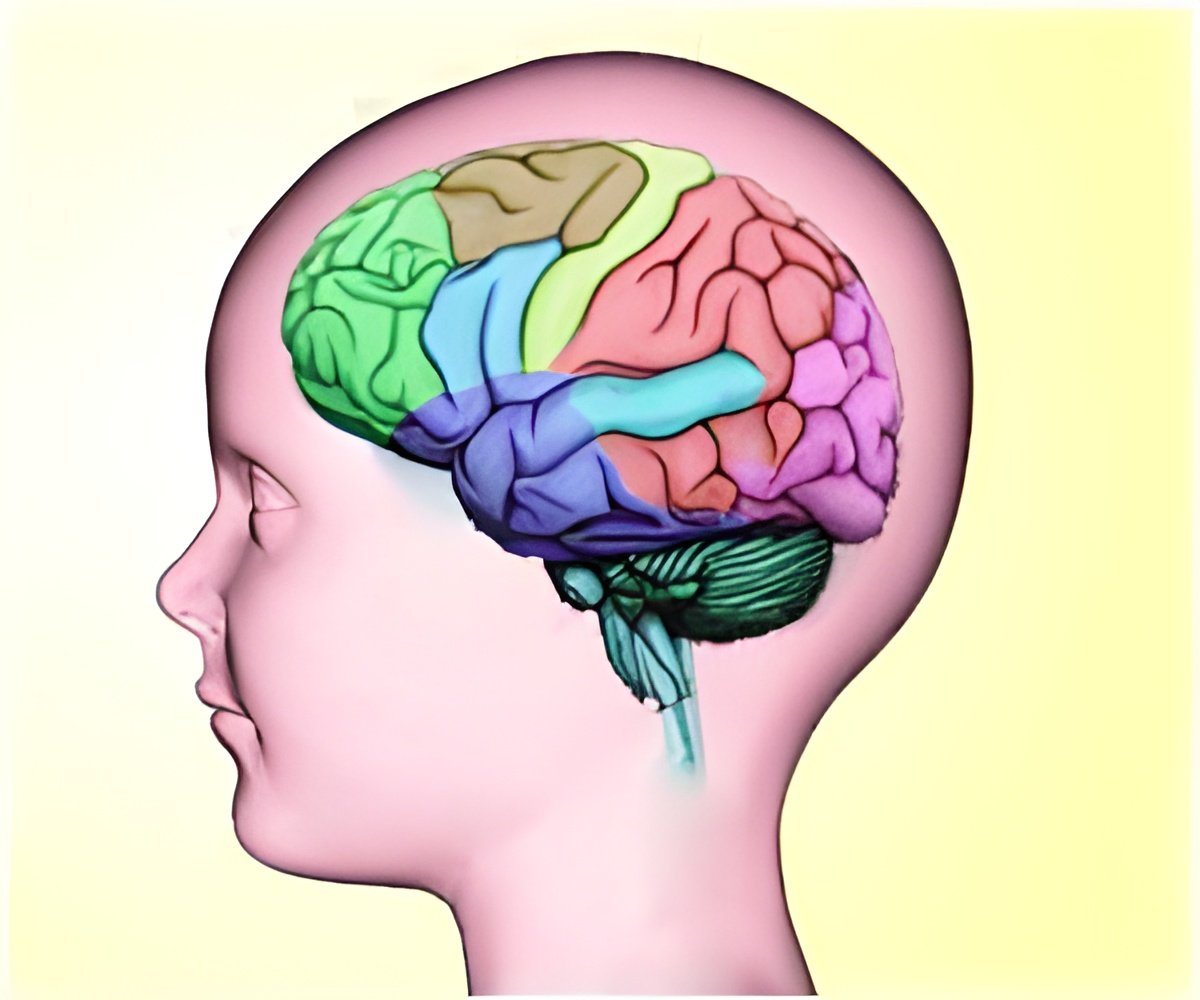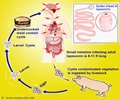Optogenetics is one of the hottest tools in biomedical research today, a method that uses gene therapy to deliver light-sensitive proteins

A new study (Platform Session C.03) that will be featured at the American Epilepsy Society's (AES) 68th Annual Meeting examines the reliability of optogenetics as a method of intervention of temporal lobe seizures, and the role the cerebellum may play in hippocampal function and seizure reduction. Researchers at the University of California Irvine utilized custom-designed software to detect and record chronic, spontaneous seizures in the hippocampus of a mouse model of temporal lobe epilepsy.
Their findings show that when brain cells in the cerebellum were activated by optogenetic lasers in the lateral cerebellar cortex, the duration of temporal lobe seizures decreased significantly. The time between seizures did not dramatically change, indicating the absence of a rebound effect. When light was instead delivered to the midline cerebellum, targeting the vermis, not only were seizures shorter, but there was a significant prolongation of the time between seizures. This reaction far outlasted the duration of the applied light, and was unique to application in the vermis. Optogenetic inhibition, rather than excitation, of brain cells in the cerebellum produced no significant effect on time to next seizure, indicating that activation of these cells is required to see this unique effect on seizure frequency.
"These findings are really exciting," said Dr. Esther Krook-Magnuson, Postdoctoral Scholar at the University of California Irvine. "They demonstrate that two brain structures not typically thought to interact can powerfully influence each other, and that the cerebellum could be a good target for intervention in epilepsy."
The data collected from this study shows the incredible potential for developing novel optogenetics treatments for epilepsy and provides strong support for further research.
This research study will be provided in full at the American Epilepsy Society's Annual Meeting in Seattle, December 5-9. The abstract referenced above can be found on the American Epilepsy Society's Annual Meeting Page.
Advertisement
About the American Epilepsy Society
The American Epilepsy Society (AES) is a non-profit medical and scientific society. Our individual members are professionals engaged in both research and clinical care for people with epilepsy from private practice, academia and government. For more than 75 years, AES has been unlocking the potential of the clinical and research community by creating a dynamic global forum where professionals can share, learn and grow. AES champions the use of sound science and clinical care through the exchange of knowledge, by providing education and by furthering the advancement of the profession.
Advertisement
Source-Newswise









